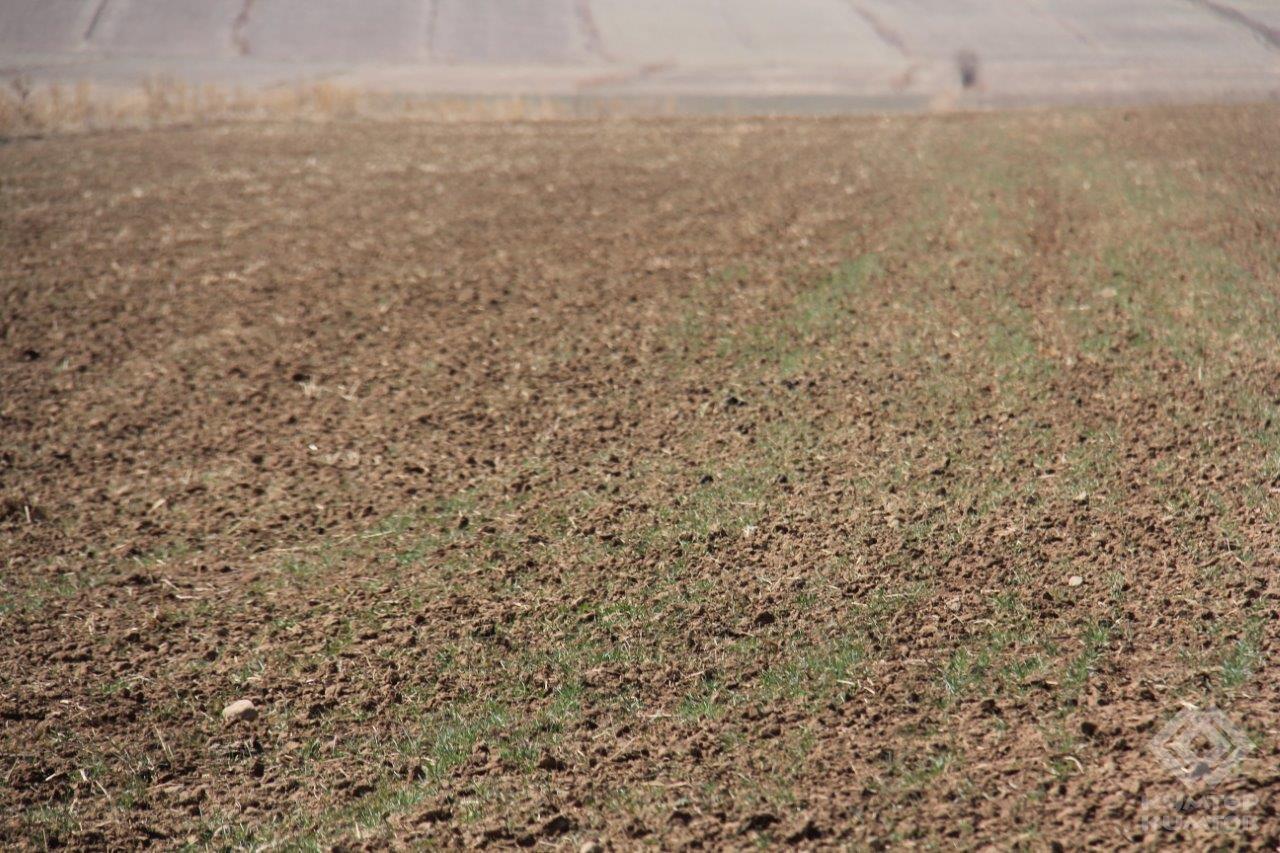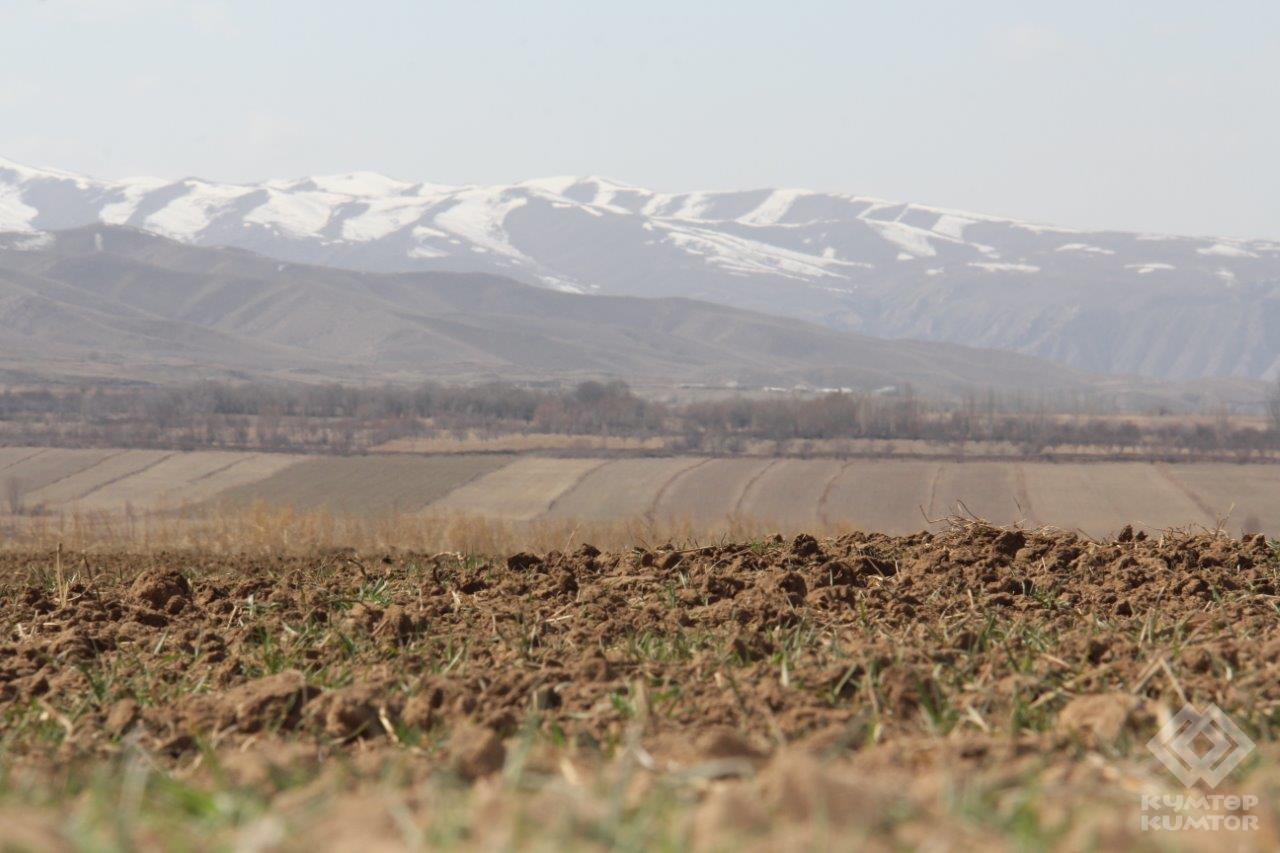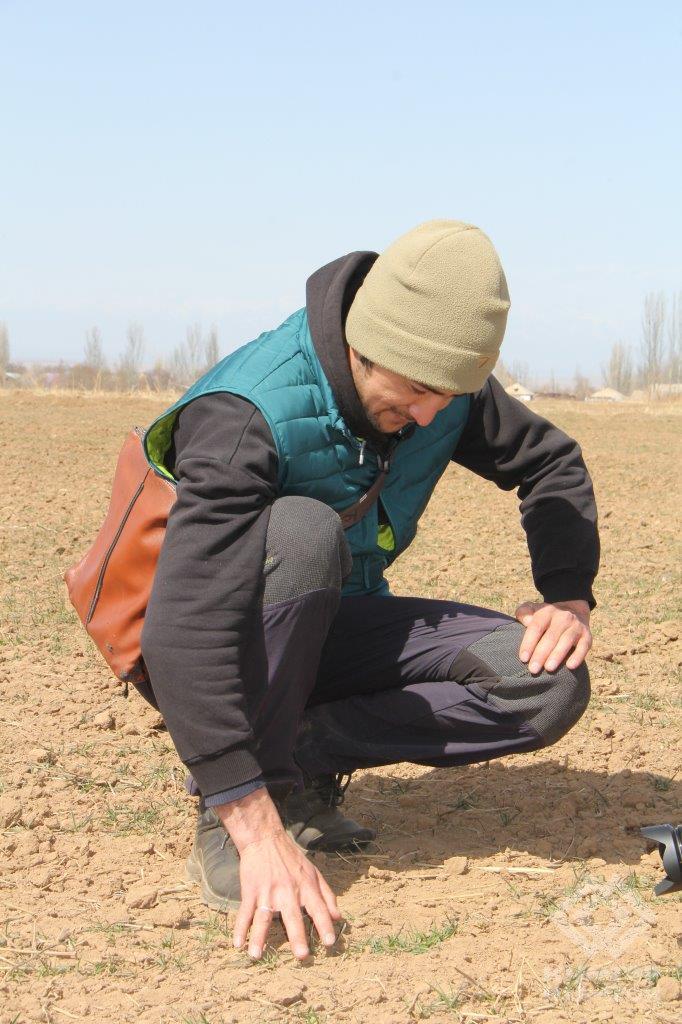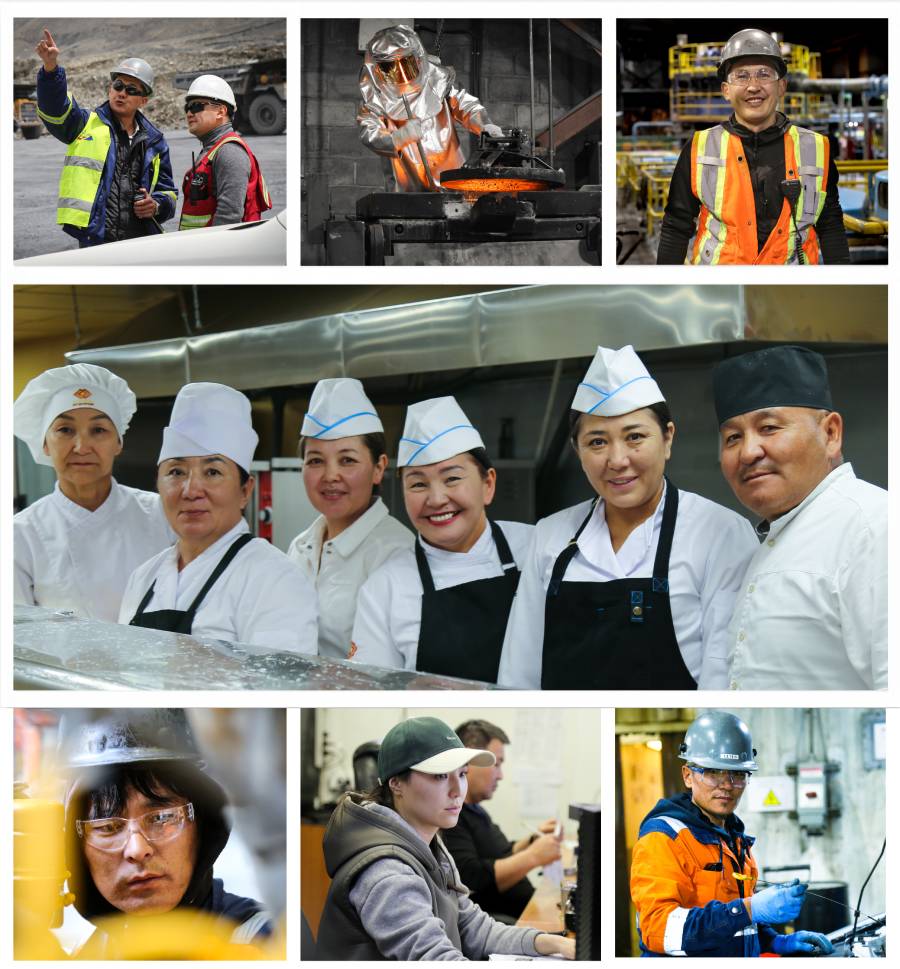Kumtor Provides Aid to Jety-Oguz Farmers
published: 10 April 2021
Kumtor awarded 5 million soms in financial aid to implement a project encouraging Jety-Oguz farmers to grow wheat. These funds were used to purchase 170 tonnes of winter wheat seeds (Bezostaya primary seeds). As a result, the seeds were distributed to a total of 34 groups, 5 to 10 farmers in each, in each of 19 villages of Jety-Oguz district. The seeds return terms are based on the ratio of 1 to 1.5. For example, if you borrowed 1 tonne you are expected to return 1.5 tonnes. Having received the seeds, the farmers sowed nearly 570 hectares of arable land.
“70% of residents in our region are engaged in farming. They haven’t grown wheat that much until recently. When the food security question arose last year and one bag of flour would be sold for 2,000 soms, their interest in wheat growing increased significantly. The pandemic caused a wheat growing boom. They decided they would be far better off producing wheat themselves than buying it from their neighbors,” comments Keneshbek Duishembiyev, Regional representative, KGC.
“The Kumtor project is a great support for our farmers. Quality seeds are in short supply now in Kyrgyzstan. Previously, we used to sow the Kazakhstan-10 wheat. Yet, there were high losses during harvesting. The Bezostaya wheat is much better,” says Syrgak Aliyev, a project participant living in the village of Kyzyl-Suu, Jety-Oguz district. All in all, his group of five farmers sowed 29 hectares of land.
Meanwhile, the project was included in the microcrediting program. The microcrediting agency “Jety-Oguz”, founded by Kumtor in 2006, provides credits at an interest rate of 10% for purchasing Diesel fuel, fertilizers and meeting other expenses relating to seeding and next harvesting. Thus, one of the farmer groups borrowed 8.6 tonnes of seeds and 176,000 soms in a loan.
Apart from settling the problem of food security, this project is expected to have economic effects.
“Kumtor decided to support local farmers by providing them with quality wheat seeds. Next fall, we expect to produce 1.5 tonnes of wheat. It’s a good initiative towards making the region self-sufficient in what regards food security. The farmers will be able to provide themselves with seeds for the next year, this becoming their additional source of income,” says Keneshbek Duishembiyev, Regional representative, KGC.





